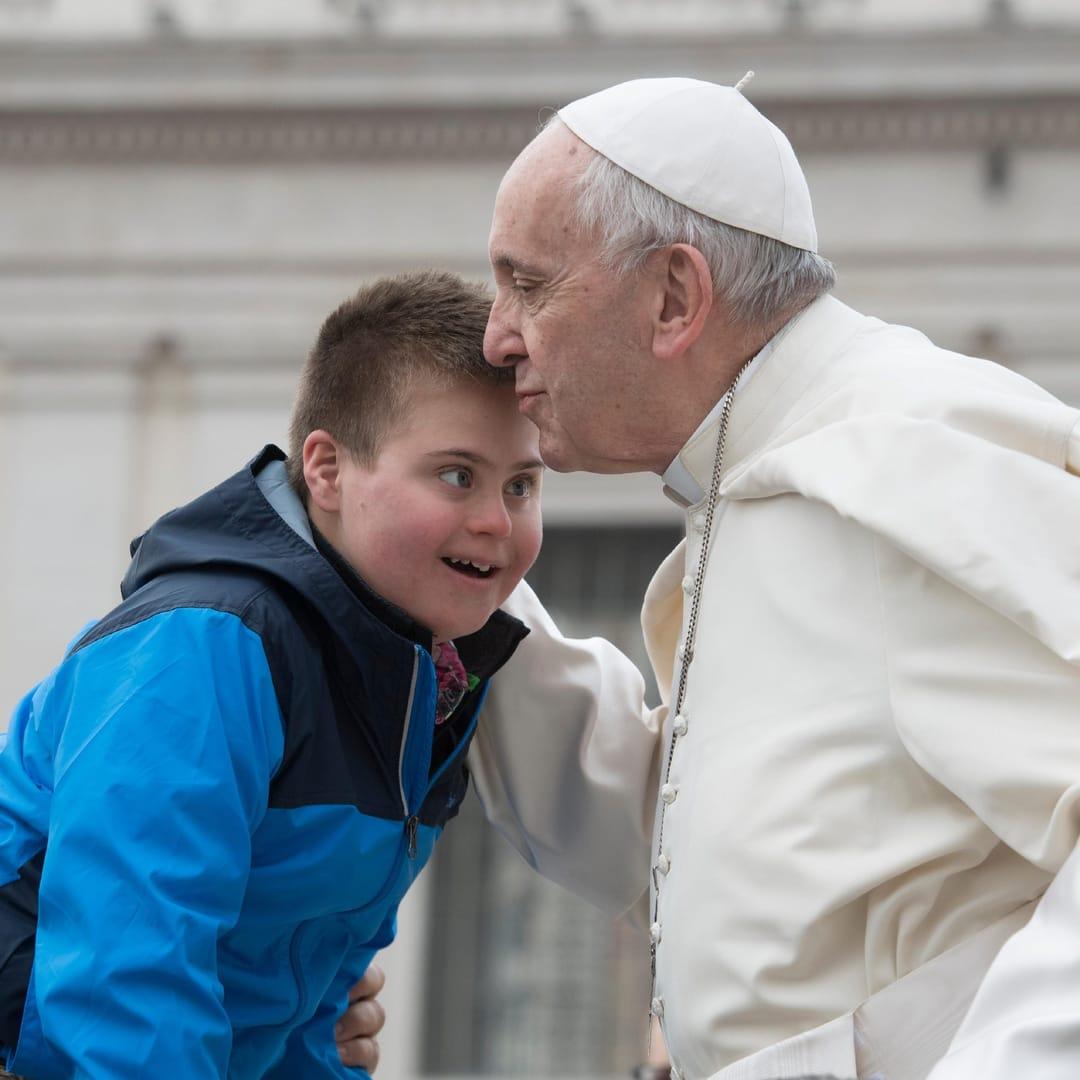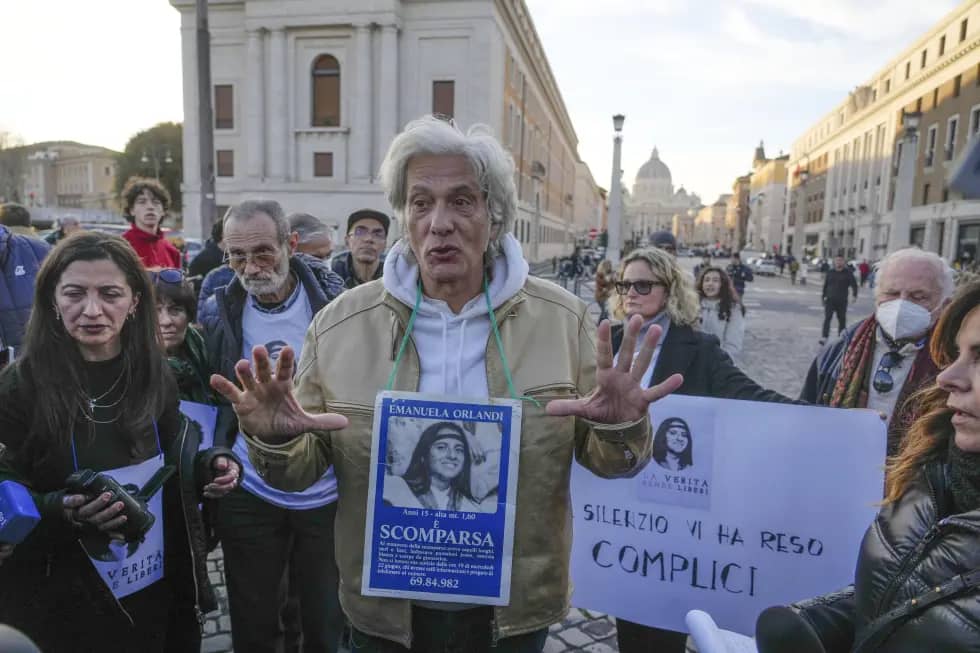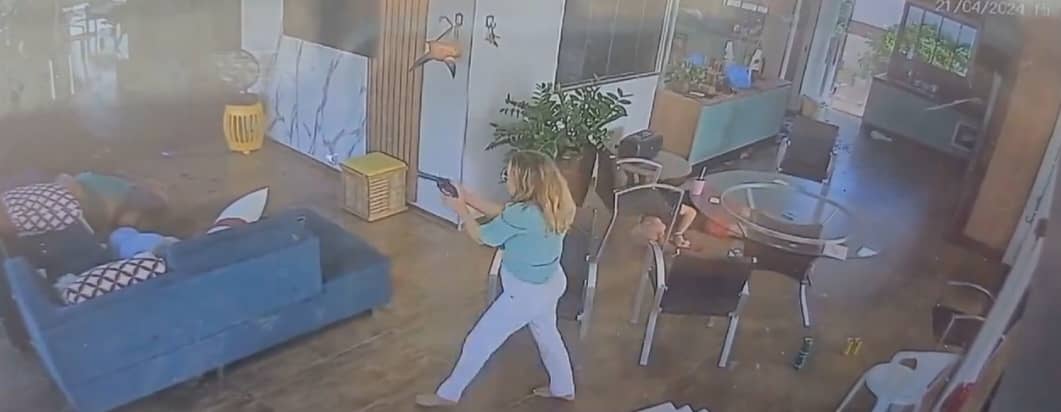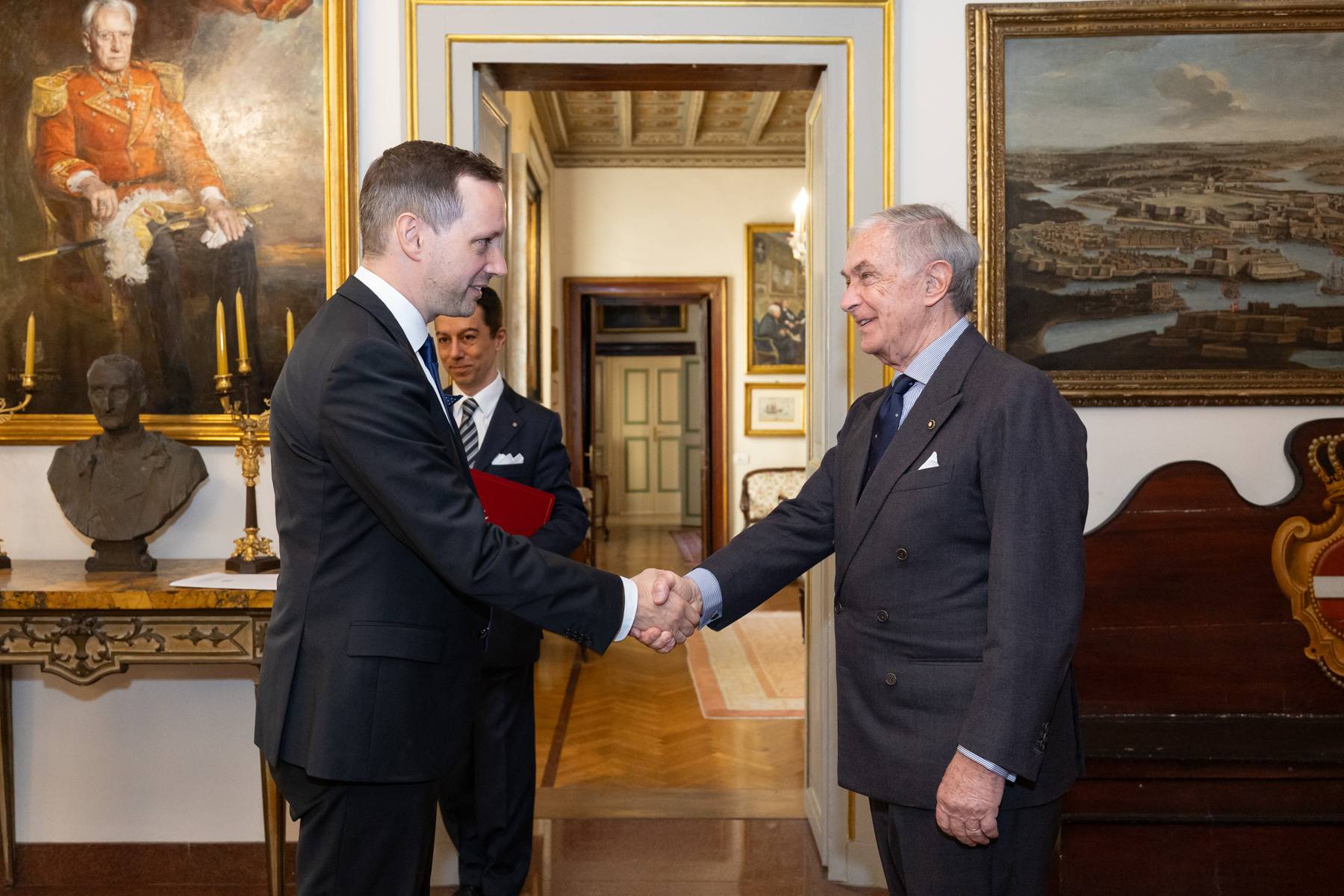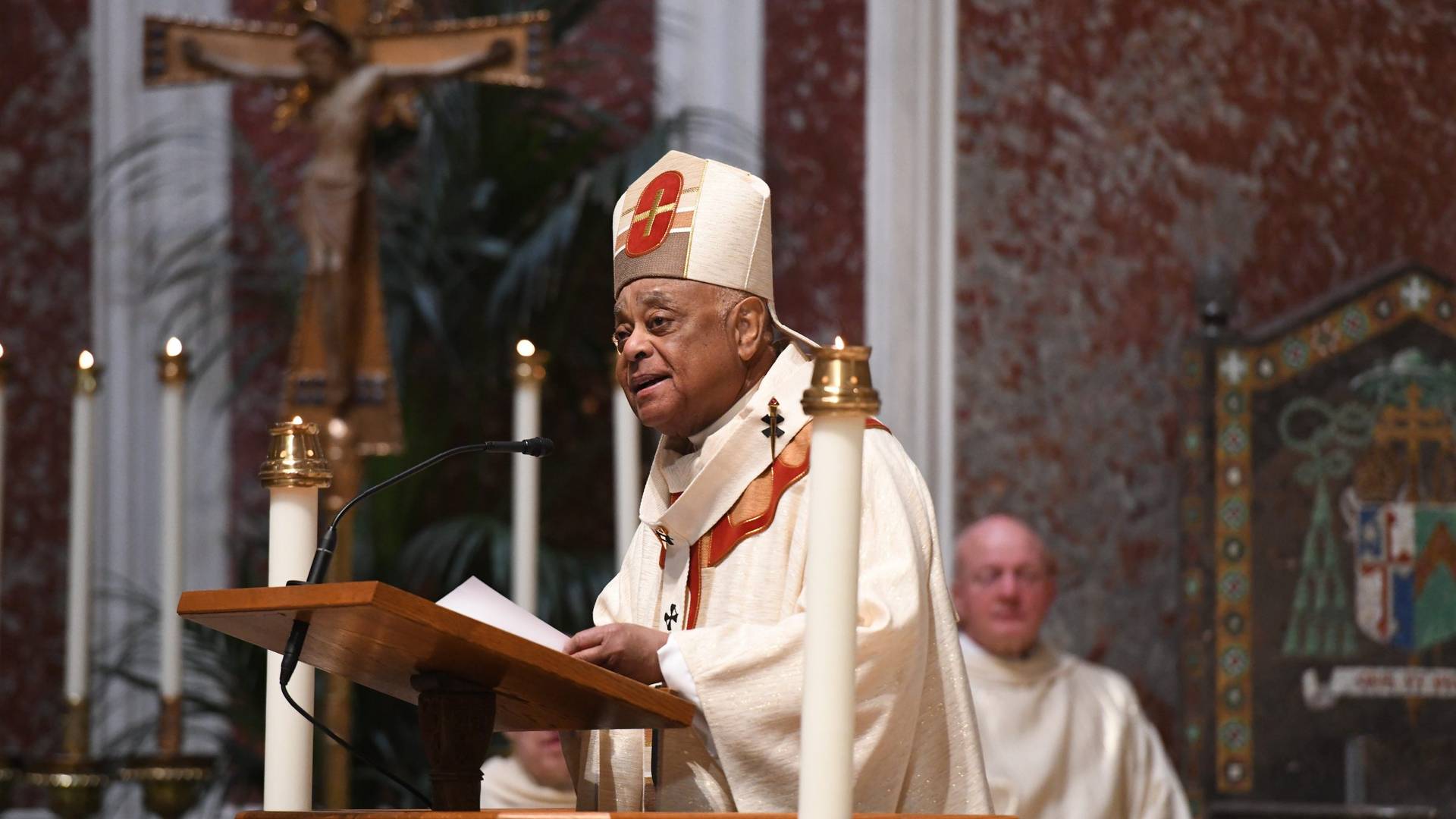ROME – Henri Nouwen, the famed Dutch priest and spiritual writer, who spent the last 10 years of his life in a L’Arche community paired with a member with profound developmental disabilities named Adam, once said real compassion is hardly a sentimental walk in the park.
“Compassion is hard, because it requires the inner disposition to go with others to the place where they are weak, vulnerable, lonely, and broken,” he said. “But this is not our spontaneous response to suffering. What we desire most is to do away with suffering by fleeing from it, or finding a quick cure for it.”
Now another force in the Catholic Church is gearing up to face those challenges of compassion: Bishop Robert Barron of Winona-Rochester and his Word on Fire Institute.
Recently, the Word on Fire Institute announced the creation of a new “Venerable Jerome Lejune Fellowship,” designed to advocate for people with cognitive and developmental disabilities, especially those with Down syndrome. It’s named for a French pediatrician and geneticist known for having discovered the genetic roots of Down syndrome, who was also an ardent Catholic and is currently a candidate for sainthood.
Word on Fire is the ministry created by Barron in 2000 to promote the evangelization of culture, especially in the digital realm, and its institute sponsors a wide variety of courses, webinars, films, community discussions, live events and other activities. (Full disclosure: I hold the “St. Francis de Sales Fellowship of Communications & Media” at the Word on Fire Institute.)
At the moment, Word on Fire is seeking applicants for the new fellowship, with the idea being that among the responsibilities of whoever’s hired will be to identify a person with an intellectual and/or development disability to become the second Lejune fellow.
Barron credited Father Steve Grunow, the CEO of Word on Fire, with the idea.
“For a long time, [Grunow] has expressed his concern that WOF create and provide catechetical and evangelization resources for people with cognitive or developmental disabilities,” Barron told Crux. “He firmly believes that people with cognitive and intellectual disabilities should be prepared for evangelization and mission on behalf of the church, and that their witness to the Lord Jesus is a gift that the church has for far too long underestimated and unappreciated.”
“I believe this as well,” Barron said.
Recent media coverage has highlighted how the growing use of prenatal testing has driven a widespread tendency to abort unborn children diagnosed with cognitive and developmental disabilities. Iceland is the emblematic case; since pre-natal testing became nearly universal in the early 2000s, the vast majority of women whose children were flagged for Down syndrome have elected to have an abortion, almost 100 percent.
A December 2020 piece in the Atlantic which examined the data was headlined, “The Last Children of Down Syndrome.”
Barron said these trends help explain the “why now?” of the new fellowship.
“We would like a person with Down syndrome to serve as a public witness to the reality of this hidden genocide through abortion and the targeting of a population of people with death simply because some have come to believe that the lives of a person with Down syndrome or with a cognitive and intellectual disability are not worth living,” he said.
“How this targeting of a vulnerable population is not considered a covert exercise in eugenics is beyond me,” Barron said. “It has been allowed to fester and grow because people with intellectual and cognitive disabilities have not been given adequate visibility and a voice of their own. The church should be taking responsibility and leadership in regards to this definitively pro-life issue.”
In terms of the church’s own approach, there’s long been a debate about the participation of people with developmental disabilities in the sacraments. Traditionally, Catholic theology has held that to receive the Eucharist one has to share the church’s beliefs about the nature of the sacrament, which presupposes a certain minimum cognitive ability.
Recently, however, there’s been a strong push to include people with developmental disabilities in sacramental life. In June 2019, the Vatican issued a new set of guidelines for catechesis insisting, among other things, that the church’s sacraments are a gift and cannot be denied to disabled people.
Later that year, Pope Francis issued a message calling for “active participation” by people with disabilities.
“Before all else, I strongly reaffirm the right of persons with disabilities to receive the sacraments, like all other members of the church,” he said.
Barron said this issue, too, will be a focus for the new fellowship.
“I believe that people with cognitive and intellectual disabilities should be recognized as having a profound capacity to internalize and express their faith, be respected in regard to their ability to make decisions and be treated as full participants in the life and mission of the church,” he said.
Barron said his team knows it doesn’t have to reinvent the wheel, since there are other groups with long experience in the field ranging from L’Arche to religious orders such as the Little Sisters, Disciples of the Lamb in France, the only community in the world known to invite women with Down syndrome to enter religious life as full members of a religious institute.
“Of course we would seek to build on previous efforts and partner where we can with existing initiatives, both ecclesial and secular,” he said. “But before we do that, we have some building we have to do for ourselves.”
“I will be very attentive to this fellowship, as I believe that its mission is absolutely essential to the evangelical work of Word on Fire,” Barron said.
Anyone seeking more information on the new Lejune Fellowship, or who wishes to apply, can visit the Word on Fire careers page.
